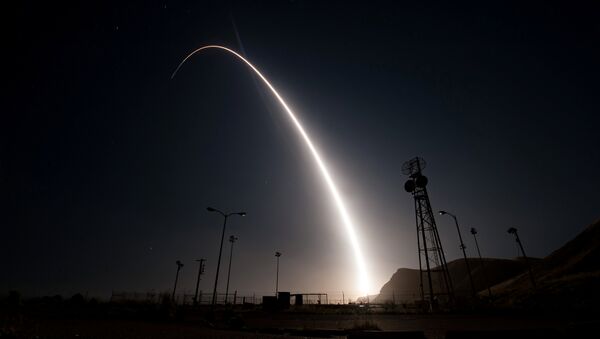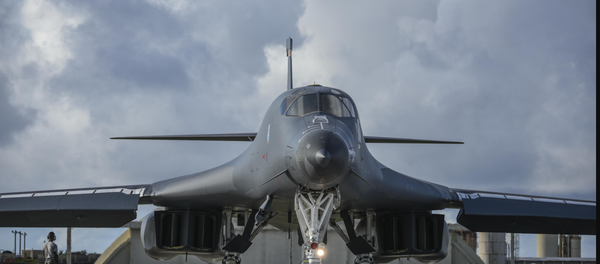Under the deal, Boeing will receive $349 million, and Northrop will get $329 million, over a three-year period to continue parallel development of preliminary designs of America's next-generation ICBM.
In 2020, the Air Force is expected to decide which company will build the projected 400-missile fleet as part of its Ground Based Strategic Deterrent program.
Lockheed Martin, the largest single contractor for the US government in 2015, as well as being the developer of the beleaguered F-35 Joint Strike Fighter program, competed for the project but did not make it to the final round.
Entering service in 1970, the venerable Minuteman III variant ICBM has seen improvements over the decades, but a major upgrade is now said to be essential to maintain what the Pentagon asserts is its nuclear "triad" of ground-, air- and sea-deployed nuclear bombs.
"Things just wear out, and it becomes more expensive to maintain them than to replace them," said Air Force Secretary Heather Wilson in a statement.
The contracts come amid escalating tensions between Washington and Pyongyang. The People's Democratic Republic of Korea (DPRK) has repeatedly threatened to strike areas around the US territory of Guam with medium-to-long-range strategic ballistic missiles.
The US military is in the process of modernizing its aging nuclear weapons systems, buying new stealth bombers, submarines and missiles.
The Washington-based nonpartisan Arms Control Association has estimated the cost of US nuclear weapon modernization at a minimum of $1.5 trillion over a three-decade period.




